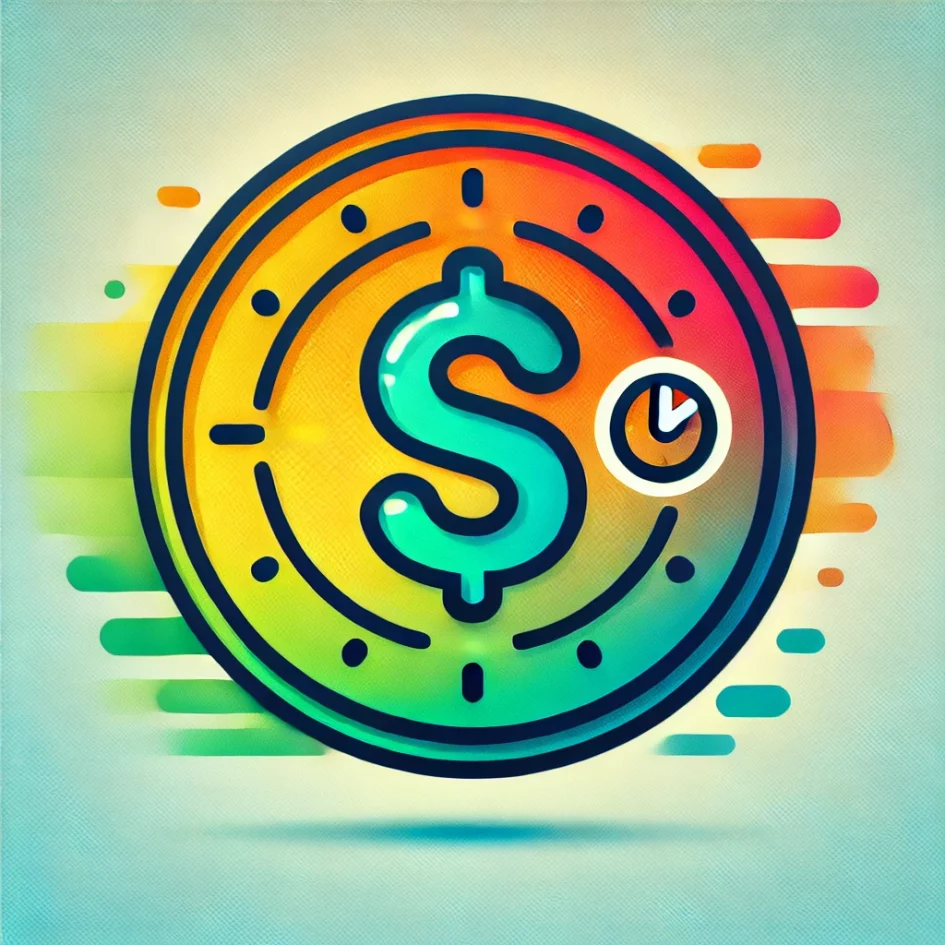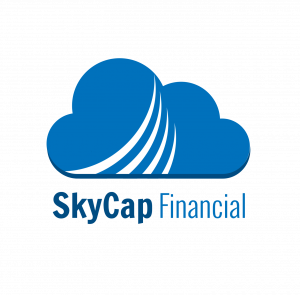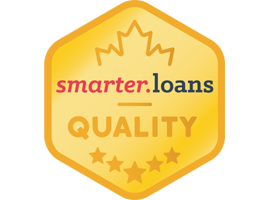Life is unpredictable, and sometimes you need money fast to cover unexpected expenses. Whether it’s a medical emergency, car repair, or an urgent bill, quick loans provide fast access to funds when you need them most. In this article, we’ll explore what quick loans are, how they work, and the best options available for securing fast financial relief.
What Are Quick Loans?
Quick loans are a type of short-term financing designed to provide borrowers with funds in a very short period of time, often within 24 hours or less. These loans are typically unsecured, meaning they don’t require collateral, and are meant to cover small to medium-sized financial emergencies.
Quick loans are known for their easy application process and speedy approval times, making them an appealing option for those who need cash urgently. However, they often come with higher interest rates compared to traditional loans, so it’s important to understand the terms before applying.
Types of Quick Loans
There are several types of quick loans available, each suited for different financial needs:
- Payday Loans: Small, short-term loans typically due on your next payday. These loans often have high fees and interest rates and are meant to cover immediate expenses.
- Personal Loans: These loans are typically available through banks, credit unions, or online lenders. Personal loans offer more flexible repayment terms and may be used for larger expenses.
- Title Loans: A secured loan where you use your vehicle as collateral. If you fail to repay, the lender may take possession of your vehicle.
- Credit Card Cash Advances: Some credit cards offer the ability to borrow cash directly from your card’s credit limit. Be cautious of high-interest rates and fees.
- Online Loans: Many online lenders specialize in fast loans, offering same-day or next-day funding with simple application processes.
How Quick Loans Work
Quick loans typically follow a streamlined process designed for speed:
- Application: You can usually apply online or in person. The application requires basic information like your name, address, income, and employment details.
- Approval: Most lenders approve applications within minutes to hours, especially for payday and online loans. Lenders will evaluate your income, credit history (if applicable), and ability to repay.
- Funds Disbursement: Once approved, funds are typically deposited into your bank account within 24 hours. Some lenders may offer instant funding options.
- Repayment: Quick loans generally have short repayment terms, often due within a few weeks or months. It’s important to make sure you understand the loan’s terms, including fees and interest rates, before accepting it.
When to Consider a Quick Loan
Quick loans are useful in situations where you need immediate access to cash. Some common reasons people consider quick loans include:
- Unexpected medical bills or emergencies
- Car repairs or vehicle maintenance
- Paying rent or utilities to avoid late fees
- Covering urgent home repairs
- Managing short-term cash flow issues between paychecks
While quick loans can provide a temporary financial solution, it’s important to consider whether you’ll be able to repay the loan on time, as high-interest rates can make them more expensive than other borrowing options.
Benefits of Quick Loans
Quick loans come with several advantages, including:
- Fast Approval: Many quick loans are approved within minutes to hours, making them ideal for urgent situations.
- Easy Application Process: Most quick loans can be applied for online, requiring minimal documentation.
- No Collateral Needed: Unsecured quick loans don’t require you to put up any assets, such as your car or home.
- Accessible to Many Borrowers: Even if you have bad credit, many lenders still offer quick loans, though with higher interest rates.
Drawbacks of Quick Loans
While quick loans are convenient, they also come with drawbacks that should be considered:
- High Interest Rates: Quick loans, especially payday loans, tend to have much higher interest rates than traditional loans.
- Short Repayment Terms: Many quick loans require repayment in a matter of weeks or months, which can lead to financial strain if you’re not prepared.
- Potential Debt Cycle: If you’re unable to repay the loan on time, you may fall into a cycle of debt where you continually borrow to cover previous loans.
How to Choose the Best Quick Loan
When deciding on a quick loan, it’s important to evaluate your options carefully. Consider the following tips:
- Compare Lenders: Don’t accept the first loan you’re offered. Compare rates, fees, and terms from multiple lenders to find the best deal.
- Understand the Terms: Make sure you fully understand the repayment terms, including the interest rate, fees, and due dates.
- Only Borrow What You Need: Borrowing more than necessary can lead to more debt. Only take out what you need to cover your immediate expense.
- Check for Hidden Fees: Look out for origination fees, prepayment penalties, or other charges that could increase the cost of the loan.
Alternatives to Quick Loans
Before deciding on a quick loan, consider some alternatives that may offer better terms:
- Credit Union Loans: Many credit unions offer small personal loans with better interest rates than payday loans.
- Borrowing from Friends or Family: If possible, borrowing from trusted individuals can avoid high interest rates and fees.
- Payment Plans: For medical or large bills, check if a payment plan is available before taking out a loan.
- Credit Card with 0% APR: Some credit cards offer introductory 0% interest periods, which can be helpful for covering short-term expenses if you can pay off the balance within the promotional period.
Conclusion
Quick loans can be a convenient solution when you need money fast, but they should be used with caution. High interest rates and short repayment periods can make them costly if not managed properly. Before applying, take time to compare lenders, understand the terms, and ensure you can repay the loan on time to avoid falling into debt.
FAQ
- Can I get a quick loan with bad credit?
Yes, many lenders offer quick loans to borrowers with bad credit, but the interest rates will likely be higher. - How fast can I get a quick loan?
Some lenders offer same-day funding, while others may take 24-48 hours to disburse funds. - How much can I borrow with a quick loan?
The amount you can borrow varies by lender, but quick loans typically range from $100 to $5,000. - Do quick loans affect my credit score?
Yes, quick loans can affect your credit score if you fail to repay on time. Some lenders report to credit bureaus, and missed payments can lower your score. - Can I repay a quick loan early?
Many lenders allow early repayment, but check the terms to see if there are any prepayment penalties.







